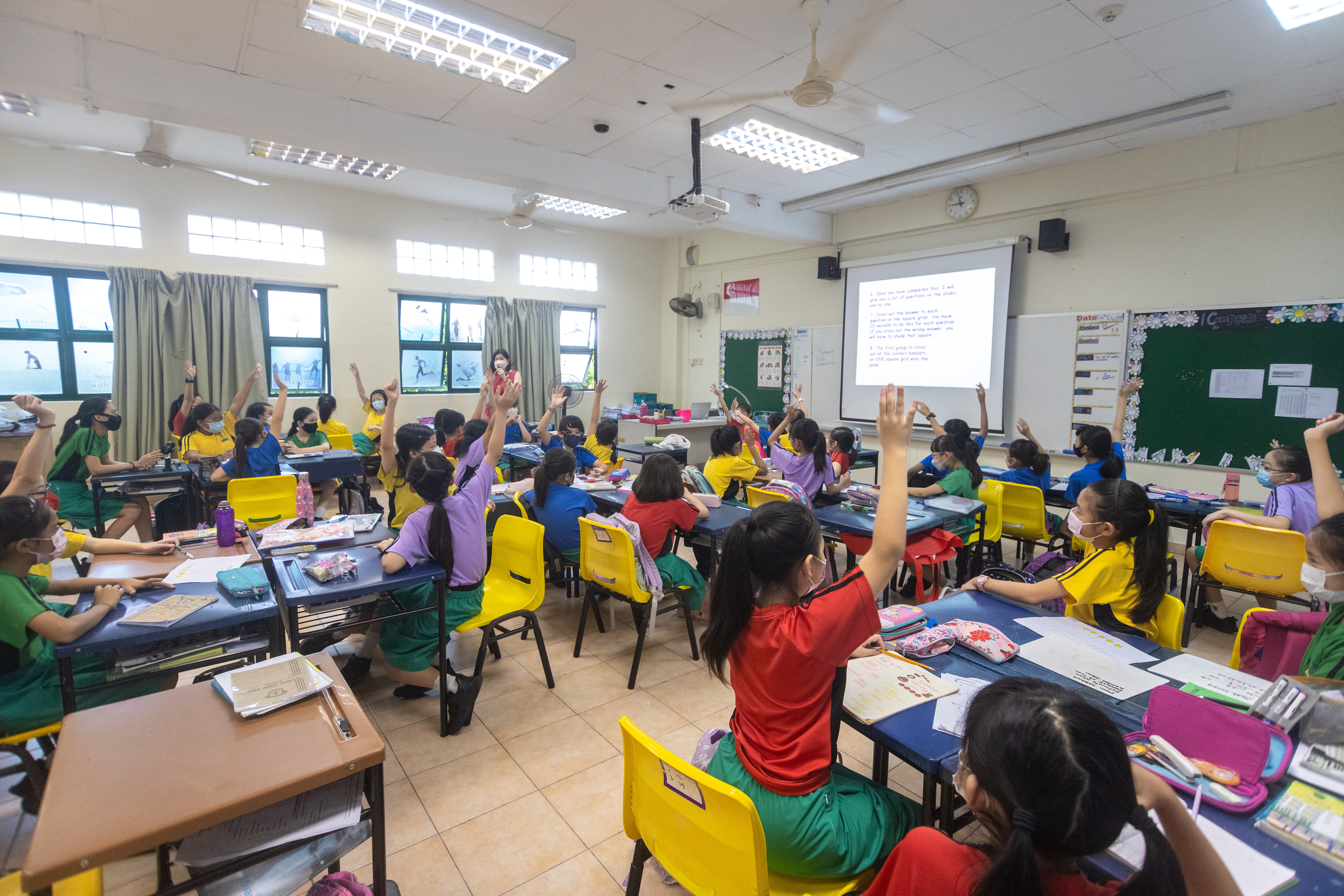Mathematics
Our Philosophy
The department strives to enable students to acquire the necessary mathematical concepts and skills for everyday life and for continuous learning in mathematics and related disciplines, in a fun, encouraging and positive environment. As the students develop positive attitudes towards mathematics, they will be able to make effective use of a variety of mathematical tools in the learning and application of mathematics cooperatively and independently. Thus, producing imaginative and creative work arising from mathematical ideas while developing the abilities to reason logically and communicate mathematically.
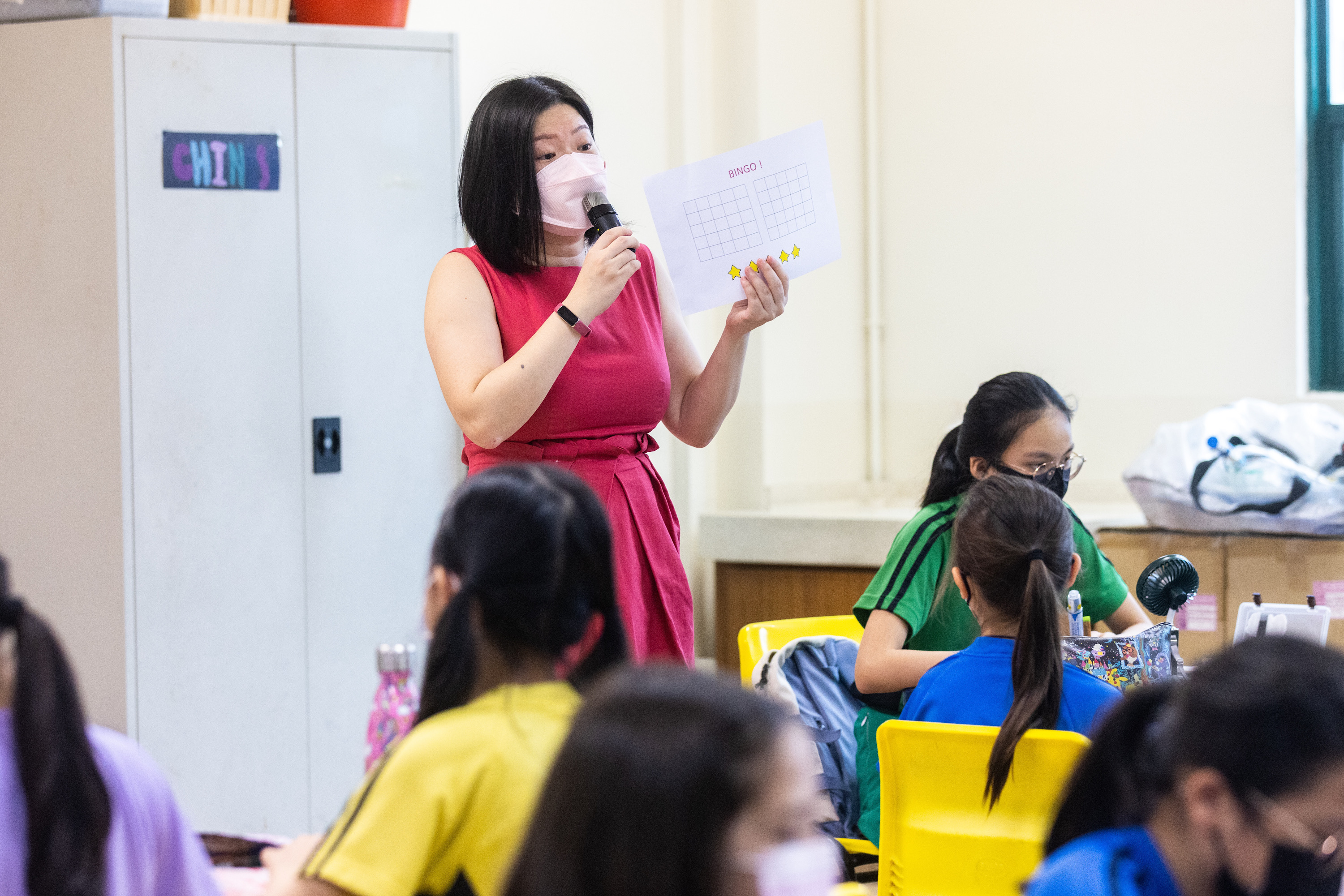
Vision:
Every MCS Girl a critical thinker and passionate
mathematics learner.
Mission:
At Marymount Convent School, our mathematics
curriculum strives to enable every MCS girl to:
-
be a good problem solver and critical thinker;
-
appreciate mathematics and relate it to everyday context;
-
develop positive attitude towards mathematics;
-
explain thoughts using appropriate mathematical language; and
-
work well with others.
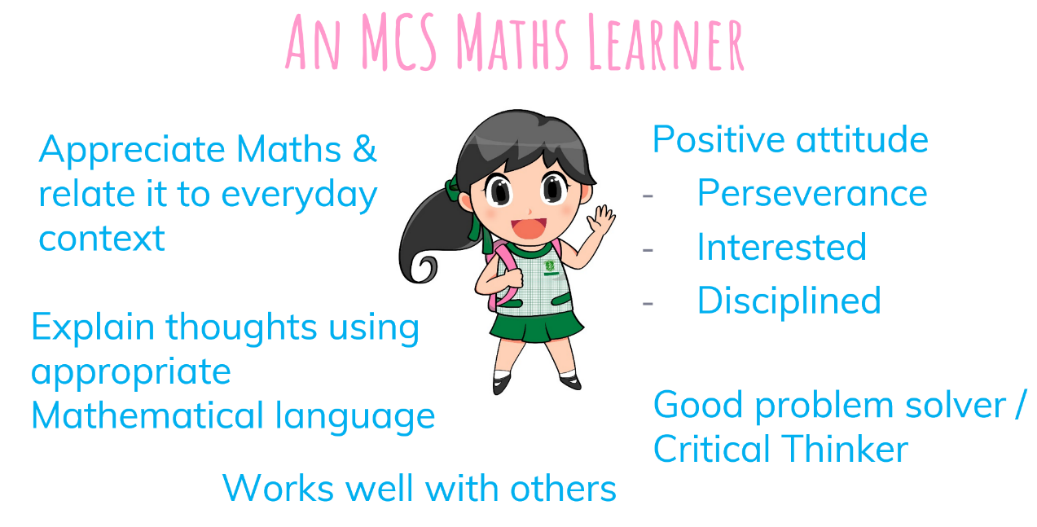
Our Approach
Concrete-Pictorial-Abstract (C-P-A) Approach
Activity-based learning is effective for teaching mathematical concepts and skills. Students engage in such activities individually, in pairs or groups. They use manipulatives or other resources to construct meanings and understandings. From concrete manipulatives and experiences to pictorial representations, students are guided to uncover abstract mathematical concepts or results.
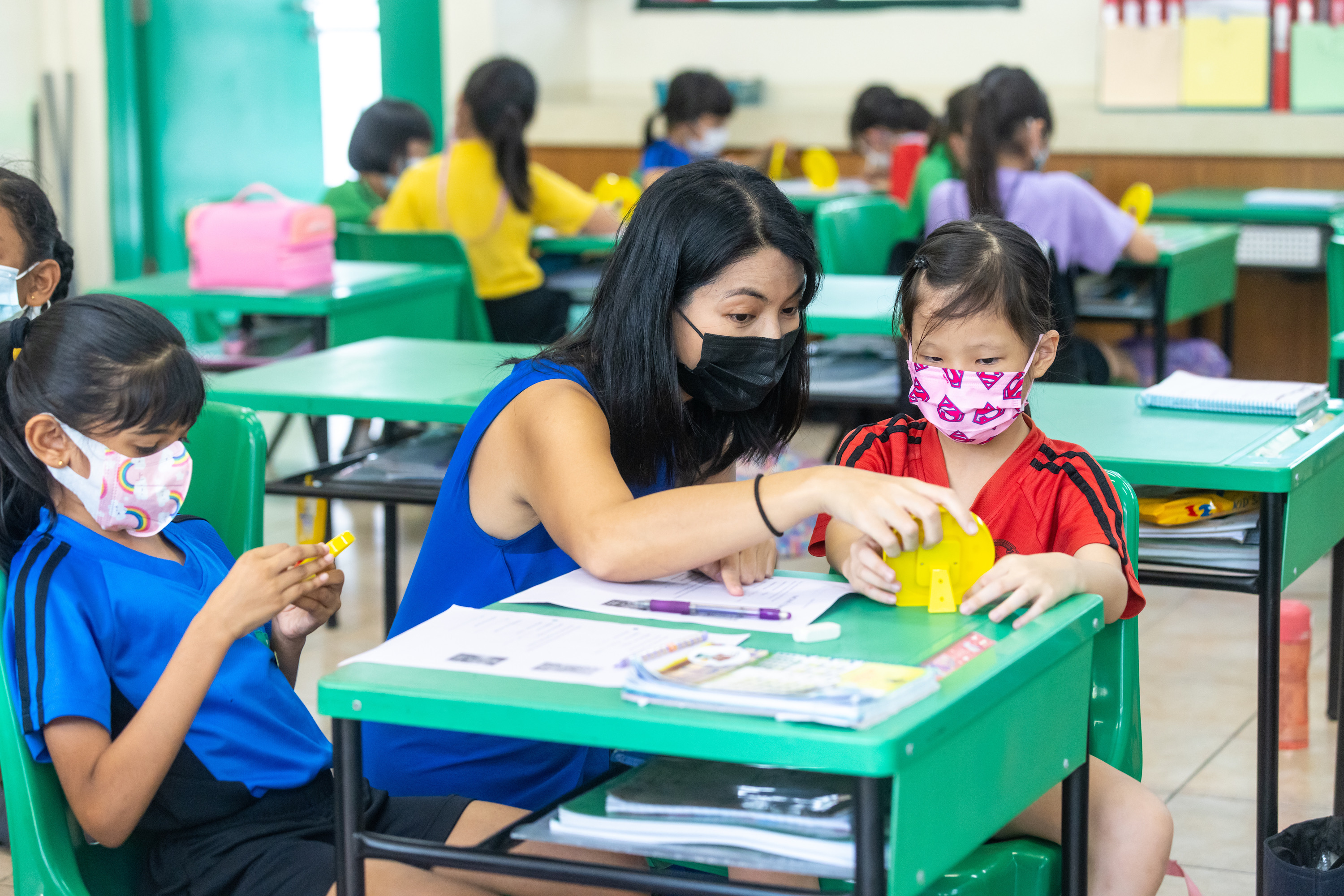
Pólya’s Four-step Problem-solving Strategy
In teaching problem solving, teachers demonstrate how to use the strategy and models thinking aloud to make visible the thinking process.
The 4-step Approach:
1) Read and understand the problem.
2) Devise a plan.
3) Act out the plan.
4) Check and reflect.

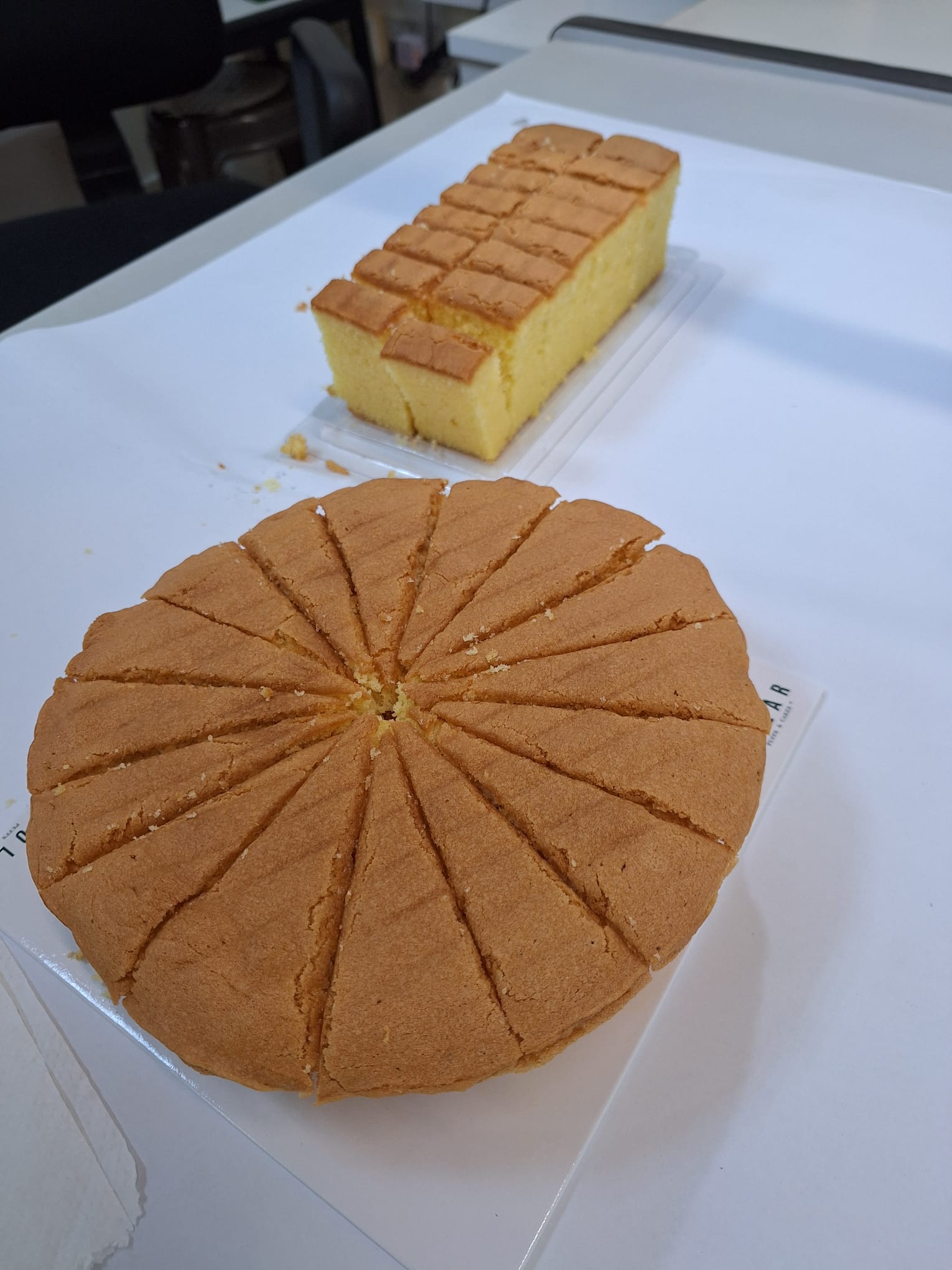
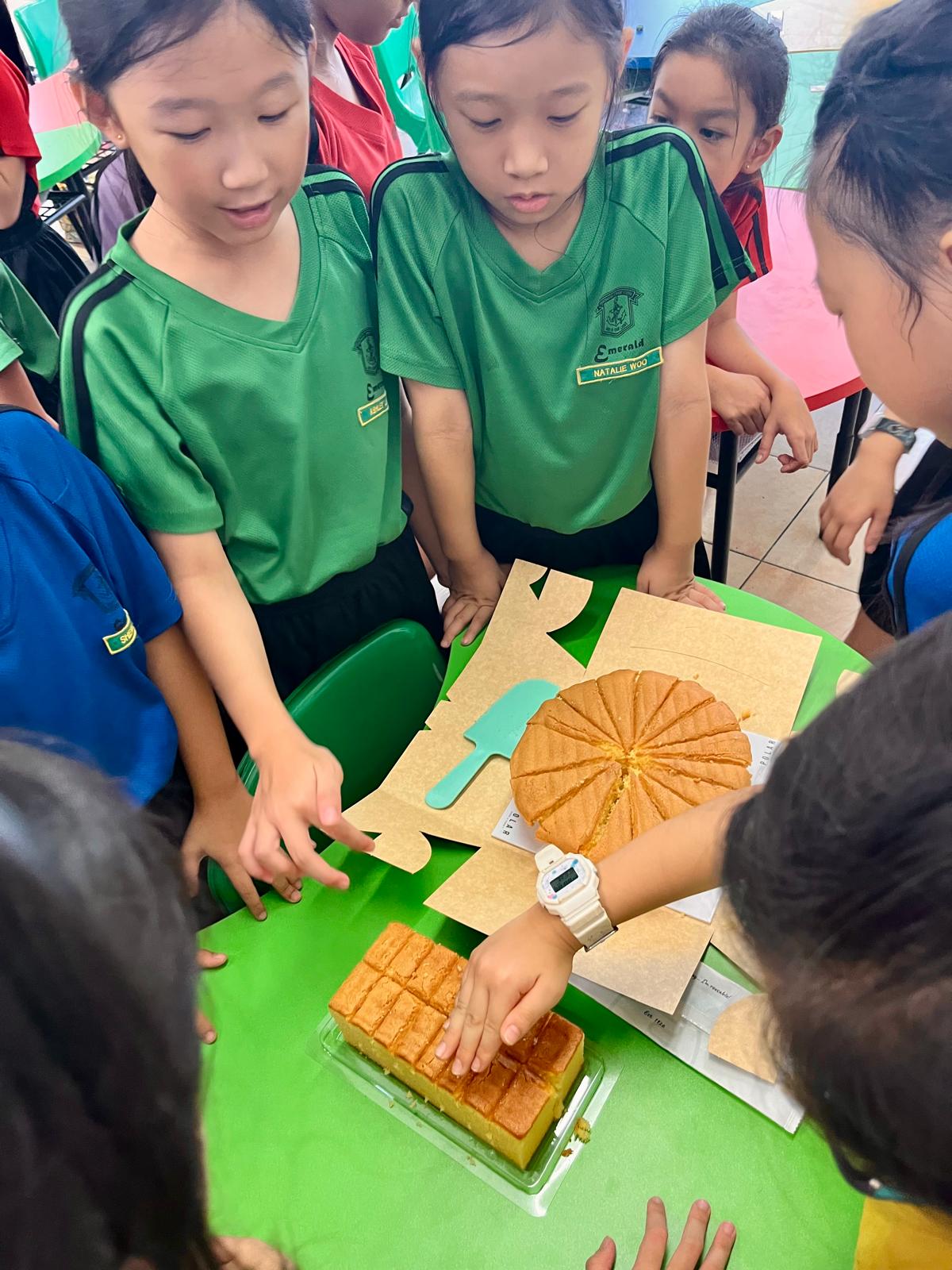
Reasoning & Communication @ MCS
Mathematical processes refer to the process skills involved in the process of acquiring and applying mathematical knowledge. This includes reasoning and communication which students can develop through problem solving. In MCS, the pupils work in pairs or groups to lay out their working logically; communicate their thoughts clearly in both written and verbal forms; and reason inductively by observing patterns, similarities and differences. They make connections between mathematical ideas and everyday life. In MCS, we believe that reasoning, communication and problem solving skills are essential to lifelong learning.
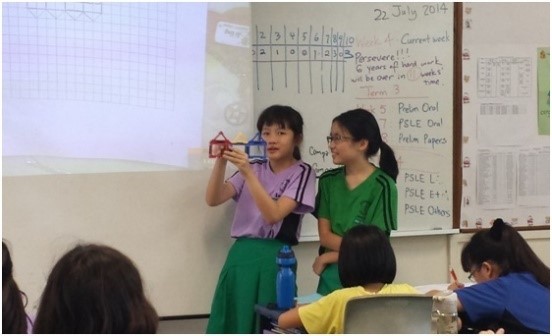
Our Department Programmes
MCS MATHS STARS
MCS Mathematics Students Taking Actions and Responsibility for Success
(MCS MATHS STARS)
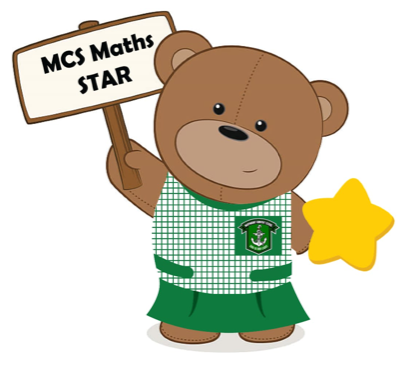
Objectives:
-
To encourage pupils to work hard and increase their enthusiasm in mathematics;
-
To recognise, celebrate and affirm achievements in mathematics learning.
Mathematics teachers play an important role in motivating their pupils. Through their observations in class and of work submitted, teachers reward students with the MCS MATHS STARS coins to affirm them of their effort.
Mathematics Games @ MCS
On the last Friday of every month, all our Maths teachers will conduct 30 minutes of In-Class Mathematics Games for all Primary 1 to Primary 6 students. The games include a series of Mathematics-related puzzles and quizzes, which have been carefully curated by the Maths Department, so as to give our students opportunities to experience a wide genre of games from Primary 1 to Primary 6.
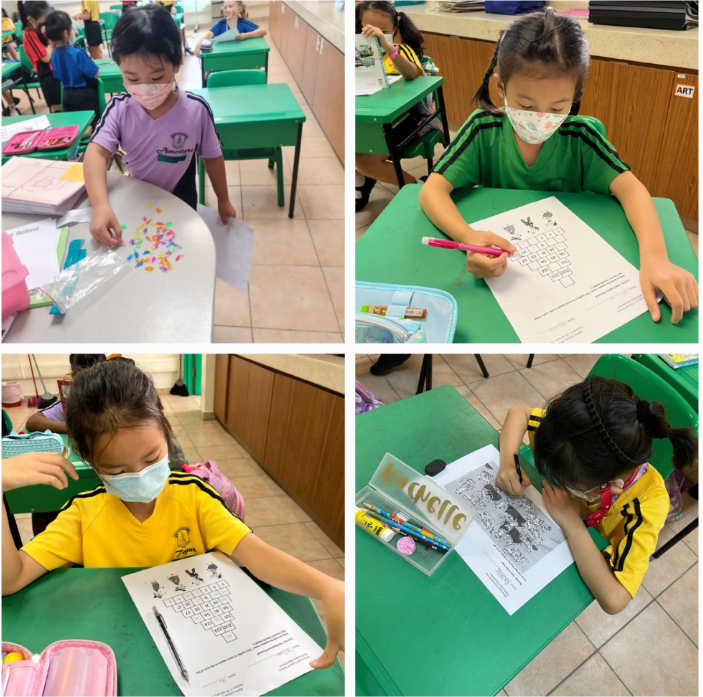
The Maths Department will also run the Mathematics Recess Games once a month. The genre of games will follow that of the In-Class Games closely, so as to give our students opportunities to practise what they have learnt in class.
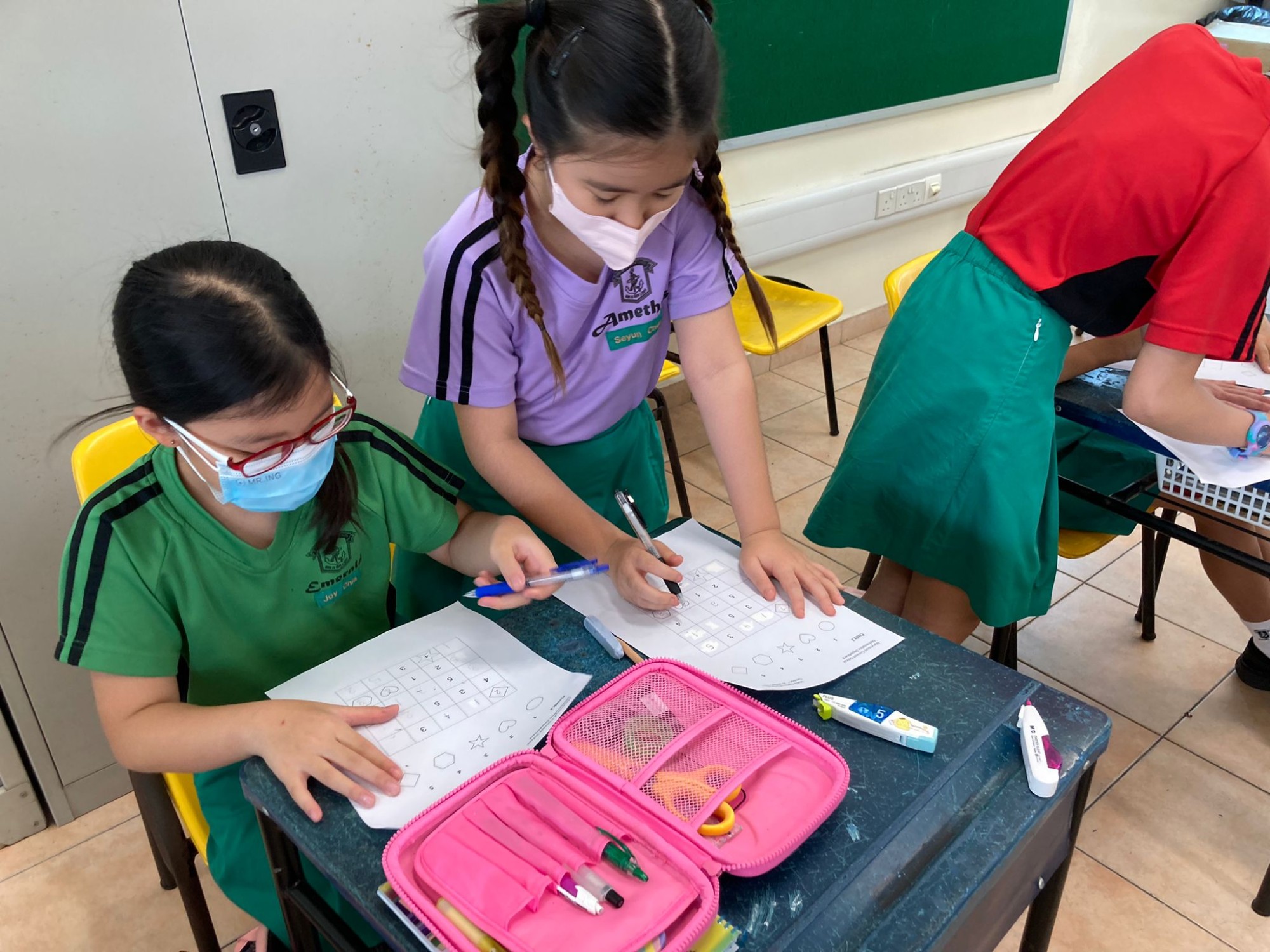
Game play promotes Mathematics Talk and gives pupils opportunities to explore fundamental number concepts and applying these concepts in a wide variety of contexts, in a fun and engaging way.
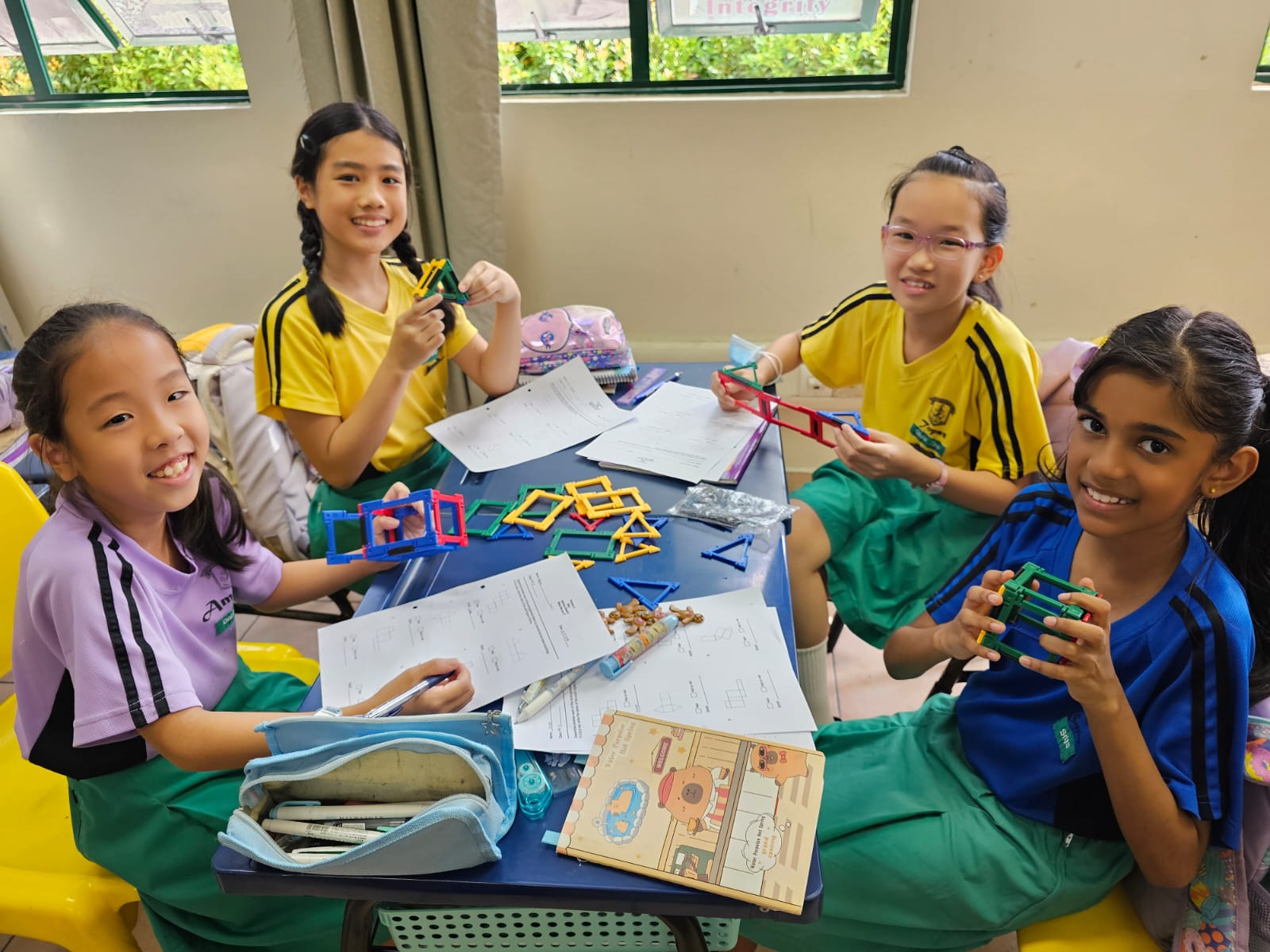
Our Mathematics Talent Development Programmes
Our Philosophy
-
Believe that every student is endowed with talent in specific domains and can be developed into her fullest potential;
-
Strive to enable each student to discover and develop her core academics talents;
-
Believe in empowering every student to enhance their strengths and pursue their passions for lifelong learning.

Our Approach
-
Our Mathematics Talent Development Programme aims to provide opportunities for P4 – P6 students who have the passion and desire in Mathematics to:
-
explore and deepen their interest in mathematics;
-
broaden their exposure in mathematics-related disciplines;
-
be critical and creative problem solvers;
-
interact and collaborate with other budding mathematics talents.
The programme seeks to develop students who:
-
demonstrates a keen interest in mathematics (e.g. by active participation in mathematics-related enrichment activities, projects or competitions);
-
displays strong aptitude in mathematics in school-based Maths assessments.
As part of their development, students in our Maths Talent Development Programme can look forward to participation in the following:
P4 and P5 Maths E2K Programme
This programme is offered to students who have demonstrated both interest and ability in Mathematics. The programme is adapted from Israel’s E2K Programme which was developed by the Israel Centre for Excellence through Education (ICEE).
The programme aims to:
-
develop in pupils’ mathematical reasoning skills;
-
deepen students’ conceptual understanding through inquiry approach.
Students will have opportunities to collaborate with their peers and engage in mathematical thinking through puzzles, games and mathematics explorations. The rich learning experiences offered by this programme serve to help pupils to develop the habits, attitudes and dispositions mathematicians possess, as well as to gain important 21st century competencies such as critical and inventive thinking and effective communication skills.
This programme is conducted by trained Maths E2K teachers in the school.
